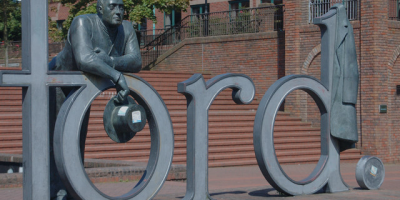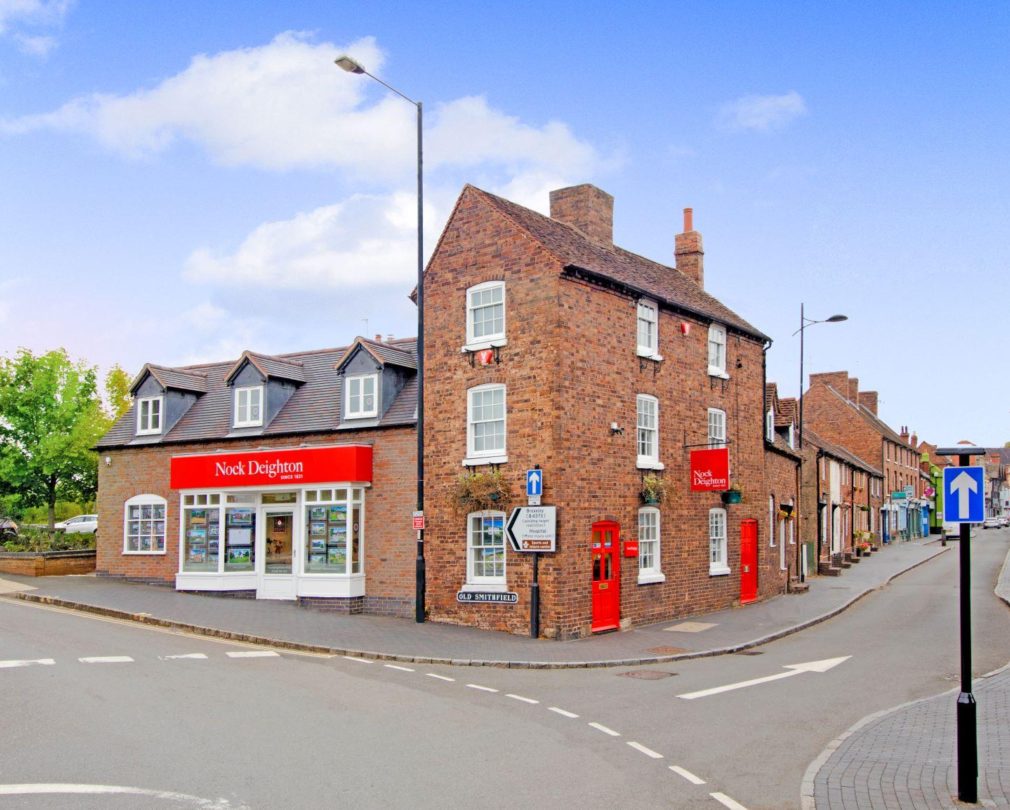
Should I invest in Leasehold Properties?
Many property investors have not considered investing in leasehold property (usually an apartment, flat, or maisonette), and when asked the reason why, invariably it is because they don’t know enough about leasehold property, to make a considered decision.
But rental yields are often higher for leasehold properties, they are usually easy to let as they are often cheaper than houses and some tenants don’t want the hassle of gardening, and maintenance is generally handled by the management company and shared between the other leaseholders in the block/development.

A ’management company’ can be the freeholder, or a separate company set up/appointed by the freeholder/developer upon completion of the development. In many cases, a company is formed whereby each leaseholder becomes a member of the company, and can have some input into the running and expenditure of the company, or can leave it to the others!
So here are a few basic rules of long leasehold properties, and what you need to consider when buying as an investment –
1. Read the Lease
The lease itself includes all the Do’s and Don’ts for the property and is legally binding.
Not all leases are the same and you should read the lease before embarking on buying a leasehold property. Most will contain similar clauses which are standard and will come from a template, but there will also be clauses that relate to that particular property and development, and some can be quite restrictive, for example, whether or not a resident can have pets, or whether you can rent the property out.
2. Check the term of the lease
As a leaseholder you don’t own the land the property is built on, it is retained by the freeholder (sometimes called the landlord). The definition of a long lease is a term of 21 years or more.
Many leasehold properties have a term of 99 years, 125, or even 999 years!
If a lease has less than 70 years remaining, it may be difficult to obtain a mortgage for the property, unless the lease is extended.
However, the Leasehold Reform, Housing and Urban Development Act 1993 provides leaseholders with the right to extend their lease; subject to certain qualifying criteria being met.
3. What is the Ground Rent Payable?
With most long leases, the leaseholder is obligated to pay ground rent to the freeholder. This might be a nominal amount of, say £100 per year. But always CHECK THE LEASE, which defines the amount of ground rent payable – this may also increase by incremental amounts over the term.
It is important to know that, when buying a leasehold property for investment, the ground rent remains payable by you (the landlord of the tenancy).
4. What are the Service Charges payable?
Each leaseholder is responsible for the maintenance of their own apartment. Service charges are the communal costs for maintaining the building and/or development, and would typically include items such as –
- Buildings insurance
- Fire alarm systems
- Communal cleaning
- Communal gardening
- Communal lighting/heating/water
- Communal TV/satellite system
- Lift (if applicable)
- Costs of running the company, e.g. Accountancy costs, Agency Fees
- Reserve/sinking funds (for long term maintenance)
Depending on the development itself and the different types/sizes of properties within the building, the amount of service charge you pay will be a percentage of the total.
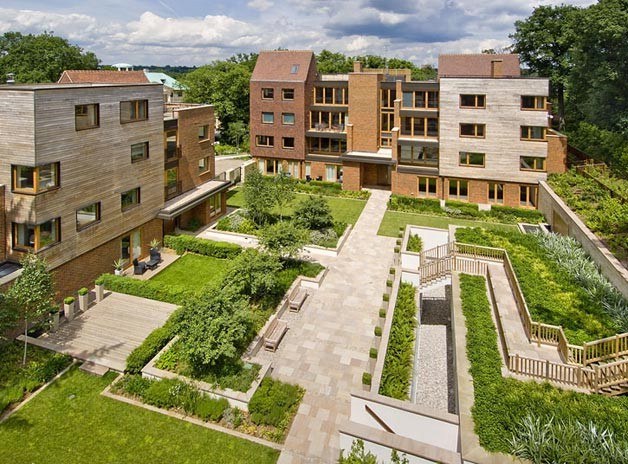
For example, if there are 5 flats within a building that are all similar sizes, each flat might be liable for 20% of the total service charges payable. However, if the flats vary in size, say between 1 and 3 bedrooms, then the smaller flats may pay a lower percentage than the larger ones, but the total of all flats should add up to 100% of the total service charge.
I hope you have found this blog helpful. However, if you would like to discuss leasehold properties and/or property investment in more detail, please email me direct: [email protected]




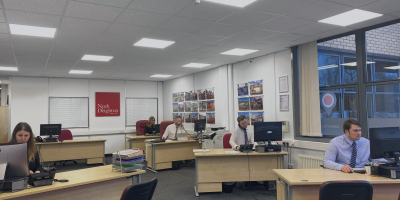
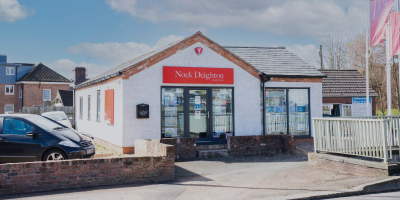

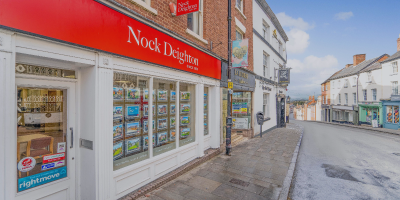


 Payment
Payment
